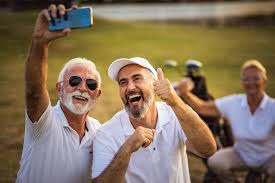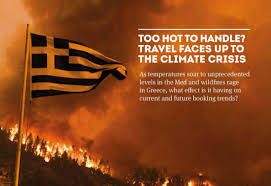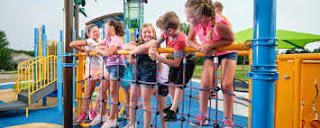I found an interesting article recently about how heart health is absolutely connected to aging in your body and mind. It was an interesting read and the link to the actual article is here. But below I have paraphrased it into more understandable word bites since it comes from a scientific article. You should know by now that I am a science geek.
Aging is an inevitable part of life, but the rate at which we age can be influenced by various factors, including the health of our heart. Recent research has increasingly shown that good heart health is not just crucial for longevity but also plays a significant role in slowing down the biological aging process.
The Heart-Aging Connection
The heart, a vital organ, is responsible for pumping blood throughout the body, supplying oxygen and nutrients to tissues, and removing carbon dioxide and other wastes. When the heart is healthy, it performs these functions efficiently, supporting the overall health and vitality of the body.
However, when heart health deteriorates, it can accelerate biological aging in several ways:
Reduced Cellular Health:
Poor heart health can lead to reduced blood flow, which means less oxygen and nutrients reach the cells. This can accelerate cellular aging and contribute to the decline in organ function.
- Inflammation: Heart issues often lead to chronic inflammation, a known factor in accelerating aging. Inflammation can damage cells and tissues, hastening their aging process.
- Oxidative Stress: A struggling heart can increase oxidative stress in the body, leading to damage of cells, proteins, and DNA, which is a hallmark of aging.
Improving and Maintaining Heart Health
To keep your heart healthy and slow down biological aging, consider the following lifestyle changes:
- Regular Exercise: Engaging in regular physical activity, especially cardiovascular exercises like walking, running, swimming, or cycling, strengthens the heart and improves circulation.
- Balanced Diet: A diet rich in fruits, vegetables, whole grains, lean proteins, and healthy fats can help maintain heart health. Reducing the intake of processed foods, salt, and sugars is also crucial.
- Stress Management: Chronic stress can harm heart health. Techniques like meditation, yoga, deep breathing exercises, and mindfulness can help manage stress.
- Adequate Sleep: Quality sleep is essential for heart health. Aim for 7-9 hours of sleep per night to allow your body to repair and rejuvenate.
- No Smoking and Limited Alcohol: Avoid smoking and limit alcohol consumption, as these can negatively impact heart health.
Other Anti-Aging Strategies
Apart from maintaining good heart health, there are other ways to slow down the biological aging process:
- Mental Stimulation: Keeping the brain active and engaged through learning, puzzles, reading, and other cognitive activities can help maintain mental agility and slow down aging.
- Social Connections: Strong social ties and regular social interaction have been linked to longer, healthier lives. They can reduce stress, boost mental health, and foster a sense of belonging and purpose.
- Regular Health Check-ups: Regular check-ups can help catch and address potential health issues early, preventing them from accelerating aging.
- Hydration and Skin Care: Proper hydration and skin care protect the skin, the body's largest organ, from premature aging.
- Antioxidants: Consuming foods rich in antioxidants can combat oxidative stress, a significant factor in aging. Berries, nuts, dark chocolate, and green tea are excellent sources.
Good heart health is a cornerstone of not just a longer life, but also a more youthful biological profile. By combining heart-healthy practices with other anti-aging strategies, we can significantly influence how gracefully and healthily we age. Remember, it's never too late to start taking care of your heart and your overall health. Your future self will thank you for the years of vitality and wellness that such care can bring.
This post is connected to another post and you can read that here.









.jpg)




















